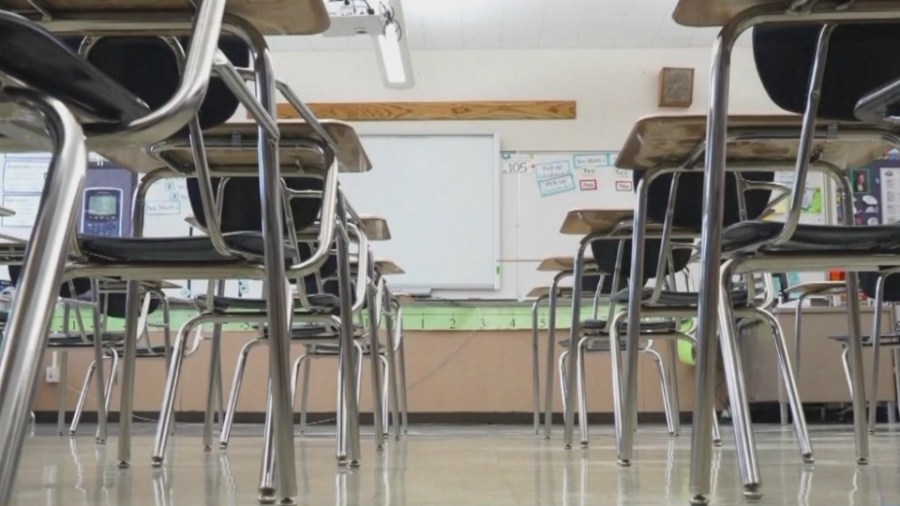NASHVILLE, Tenn. (WKRN) — In the aftermath of tragedy, keeping kids safe has never been more important or profitable, but does the business of school security truly protect students, or capitalize off their concerns?
The school security industry was estimated to be worth more than $3 billion in 2021 and is likely worth much more today.
“School security vendors are marketing on steroids,” Dr. Ken Trump, the president of the school safety consulting firm, National School Safety and Security Services said. “They’re fueled by private equity money in many cases, and they’re hiring lobbyists to work at state legislatures to try to mandate certain types of equipment that schools must have and to create laws that really benefit the businesses and what they have to sell.”
📧 Have breaking news come to you: Subscribe to News 2 email alerts →
Last year, the Tennessee General Assembly allotted $230 million to enhance school safety in the state, including $54 million for physical school security measures. Some school districts used the money to purchase bulletproof film for glass windows and doors, weapons detection systems, artificial intelligence software, and other technology.
That same year, lawmakers passed legislation requiring school districts to consider adding panic buttons inside their buildings and mandating all new and remodeled schools install bullet-resistant film on exterior entry and basement-level windows and doors.
However, some experts believe a lot of this technology often creates an illusion of enhanced safety rather than truly improving it.
“Often times when schools overinvest with target hardening with physical security products, technology, and hardware, it creates security theatre. It gives the perception of greater security; it makes people feel safer, but it doesn’t necessarily make them safer,” Trump said. “While the facts and merits vary, having analyzed the highest-profile mass school shootings, the allegations are failures of human factors: people, policies, procedures, training, communication, systems gaps, not allegations of failures of security hardware, products, and technology.”
Trump told News 2 the school security industry can be fueled by fear, and political, school, and community pressures. He believes good planning, training, preparedness, and prevention tools, including relationship building, mental health resources, and properly implemented school resource officer programs, are what truly keep schools safe, not only from school shootings, but also from more commonly occurring dangers in schools.
Of the $230 million the Tennessee General Assembly allotted for school safety, $178 million total went toward those resources, including $140 million to place a school resource officer in every school, $30 million for more than 100 Homeland Security agents to investigate incidents and threats at schools, and $8 million for additional school-based behavioral health liaisons.
“It really is a balance between hardware and heartwear,” Trump said. “The technology that supports the people part.”
Trump encourages school districts to “follow the money” and use critical thinking before investing in expensive, high-tech school security measures they may not even need.




